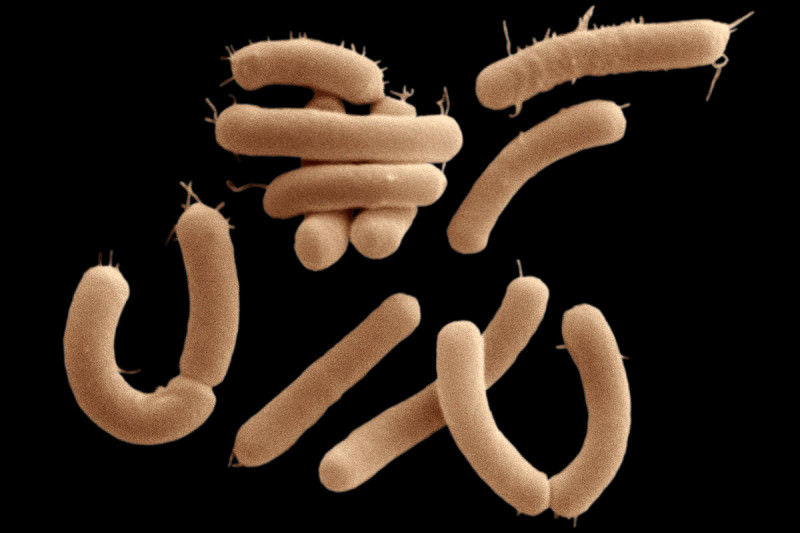Artigo na ZH de hoje de meu companheiro de Hidroginástica
Antonio Domingos Padula: de Hobbes a Rousseau: selvageria ou civilização?
Antonio Domingos Padula: de Hobbes a Rousseau: selvageria ou civilização? Professor titular na Escola de Administração da Universidade Federal do Rio Grande do Sul (UFRGS)
Hobbes defendia que o papel civilizador deveria ser desempenhado pelo Estado, que chamou de Leviatã. Para Hobbes, o Estado deve criar regras de convivência social e exercer poder de polícia para impedir que os indivíduos se comportem de forma selvagem. Já para Rousseau, o processo civilizatório deveria ser conseguido por meio da celebração de um contrato social, que incentive e leve os indivíduos a se comportarem de forma civilizada.
No século 20, economistas institucionalistas (Coase, North, Williamson) argumentaram que para que haja desenvolvimento econômico e social, faz-se necessário estabelecer uma estrutura de regras de convivência social que incentive o comportamento colaborativo e desestimule o comportamento oportunista. A aproximação do estado de "guerra de todos contra todos" que nos encontramos parece que tem sua origem delineável. Tanto o Estado quanto a sociedade gaúcha foram, ao longo do tempo, estabelecendo contratos e regras de convivência que levaram o Estado a se afastar da razão de sua existência. Passou-se a responsabilizar o Estado por um conjunto vasto de serviços e atividades que ultrapassam sua capacidade de financiamento e execução.
Ao longo desse processo, o Estado acabou sendo capturado pelas corporações de ofício (sindicatos e representações de classes) de servidores dos três poderes, que se tornaram mais poderosas que o Estado e passaram a obter rendas (rent seeking) maiores do que a sociedade é capaz de financiar com o pagamento de impostos.
Assim, não resta ao Estado e à sociedade gaúcha outra alternativa que não seja a repactuação de um novo contrato social. Ao Estado, conforme os filósofos e economistas, cabe tão somente zelar pelas regras de convivência social que levem à segurança, ao desenvolvimento e à liberdade dos indivíduos. "Nunca antes na História", a sociedade esteve tão desejosa de que o Estado cumpra seu papel. A presença da Força Nacional no RS é bem-vinda, mas é apenas um paliativo efêmero.
 On December 8, 1982, decades after his unlikely beginnings as a writer, Gabriel García Márquez(March 6, 1927–April 17, 2014) was awarded the Nobel Prize in Literature. With the hindsight of a lifetime of reading, he took the stage at the Swedish Academy and delivered his tremendous acceptance speech under the title “The Solitude of Latin America.” The English translation of the transcript was later included in the altogether indispensable tome Nobel Writers on Writing (public library), which also gave us Bertrand Russell on the four desires driving all human behaviorand Pearl S. Buck, the youngest woman to receive the Nobel Prize in Literature, on art, writing, and the nature of creativity./.../
On December 8, 1982, decades after his unlikely beginnings as a writer, Gabriel García Márquez(March 6, 1927–April 17, 2014) was awarded the Nobel Prize in Literature. With the hindsight of a lifetime of reading, he took the stage at the Swedish Academy and delivered his tremendous acceptance speech under the title “The Solitude of Latin America.” The English translation of the transcript was later included in the altogether indispensable tome Nobel Writers on Writing (public library), which also gave us Bertrand Russell on the four desires driving all human behaviorand Pearl S. Buck, the youngest woman to receive the Nobel Prize in Literature, on art, writing, and the nature of creativity./.../



